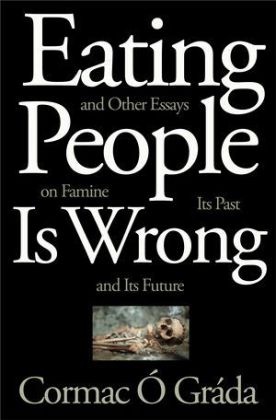Description
Product details
| Authors | Cormac Ao Graada, Cormac O. Grada, Cormac O Grada, Cormac Ó Gráda, Cormac O. Grada |
| Publisher | Princeton University Press |
| Languages | English |
| Product format | Hardback |
| Released | 13.03.2015 |
| EAN | 9780691165356 |
| ISBN | 978-0-691-16535-6 |
| No. of pages | 248 |
| Dimensions | 165 mm x 243 mm x 25 mm |
| Subjects |
Education and learning
> Teaching preparation
> Vocational needs
Social sciences, law, business > Business > General, dictionaries NATURE / Natural Resources, BUSINESS & ECONOMICS / Economic History, Economic history, Food security & supply, Food security and supply |
Customer reviews
No reviews have been written for this item yet. Write the first review and be helpful to other users when they decide on a purchase.
Write a review
Thumbs up or thumbs down? Write your own review.

